This Net Lease Segment Is Recession-Resistant
This type of single-tenant property may be just the answer for investors who are nervous about recent economic events, says Avison Young's Jonathan Hipp.

Jonathan Hipp, Principal & Head of U.S. Net Lease Group, Avison Young. Image courtesy of Avison Young
Along with (literally) the rest of the world, we’re watching the daily news of the spread of the coronavirus, now upgraded by the World Health Organization to pandemic status. We hold to what we have said all along in terms of its impact on investment, namely, play the long game and know that this too shall pass. As devastating as the news is–and it is–the old rules of investment still apply. Just as panic won’t help the health situation, neither will it help your investment strategies. That said, investors playing a short game might be watching the news, which may make them want to pause and reassess.
To those net lease investors who insist on action, we would suggest such alternatives as the automotive sector. Automotive retail can be broken into two distinct types: parts stores (think AutoZone or O’Reilly Auto Parts) and service stores, such as JiffyLube and Firestone, with the former category making up the larger sector. Both feed off of America’s ongoing love affair with its cars and are positioned well for continued strong performance.
That will be true well beyond these days of shaky Wall Street performance, by the way. Even as automotive technologies continue to evolve, the auto sector will remain on track to thrive. As more and more electric, hybrid and self-driving vehicles hit the road, auto parts stores will still fill a need for the parts, fluids and tools that are essential for keeping them running. Service centers will also hold their value well as demand for professional maintenance continues to grow in the face of increasing automotive complexity.
High Performance
The auto sector boasted slightly higher cap rates at the end of the year than QSR (6.65 percent compared to 5.75 percent). Also, in the last year, the average term remaining on auto-sector leases has had a small impact on average cap rates. Properties with longer leases not only tend to reap higher sale prices but they also offer investors a stable cash flow. (At the time of sale, by the way, auto part stores have sold near the $1.6 million mark, while service centers have averaged roughly $2.7 million.)
There’s another advantage to investments in the sector, particularly the auto parts stores. Their layouts replicate that of other retailers, making them easier to re-tenant. By contrast, service centers have specialized buildings, with service bays and car lifts, which make them difficult to repurpose and re-tenant.
But there’s good news here as well. The cost of installing such specialized equipment leads tenants to stay for the long term. Frankly, there can be minor environmental concerns with service centers, but most major players respond to their investors’ mandates for best sustainable practices and dispose of waste much more responsibly than in the wild and wooly days before the EPA.
Once again, we hold to our theory of the long-game investing. For investors who can’t seem to stop biting their nails, those now considering net-lease for the first time, or those seasoned investors, you might consider switching to the auto store lane.
Jonathan W. Hipp, a principal at Avison Young, recently joined the firm to lead its U.S. net lease efforts. Hipp was formerly the CEO and founder of Calkain Cos.

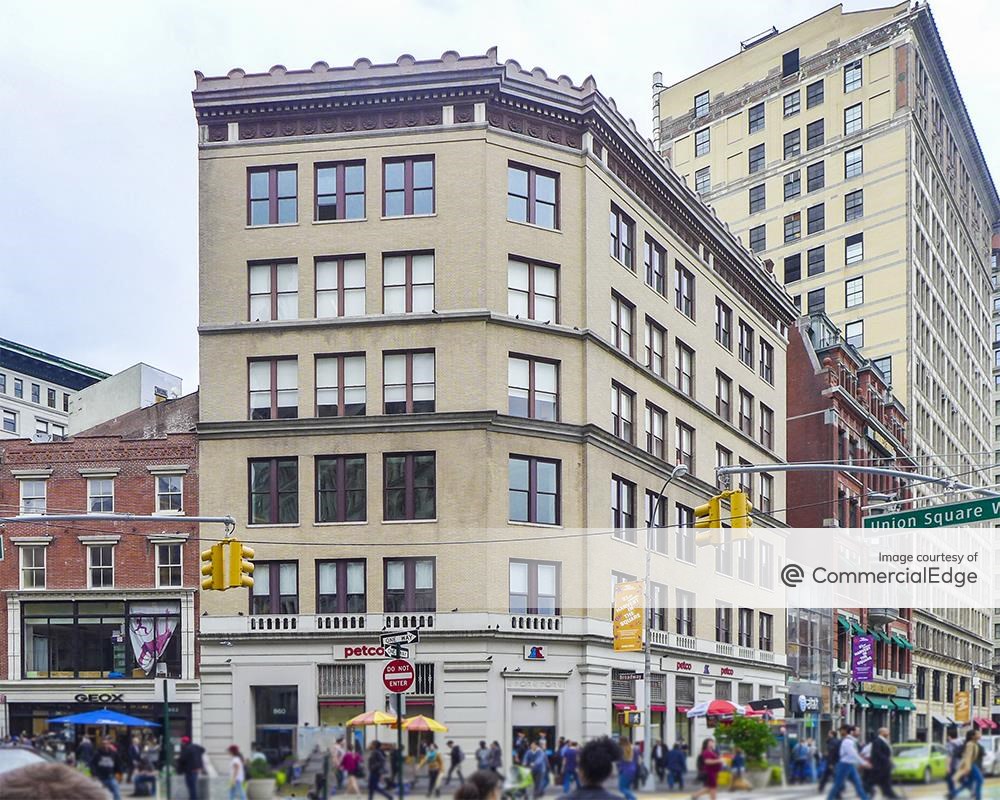
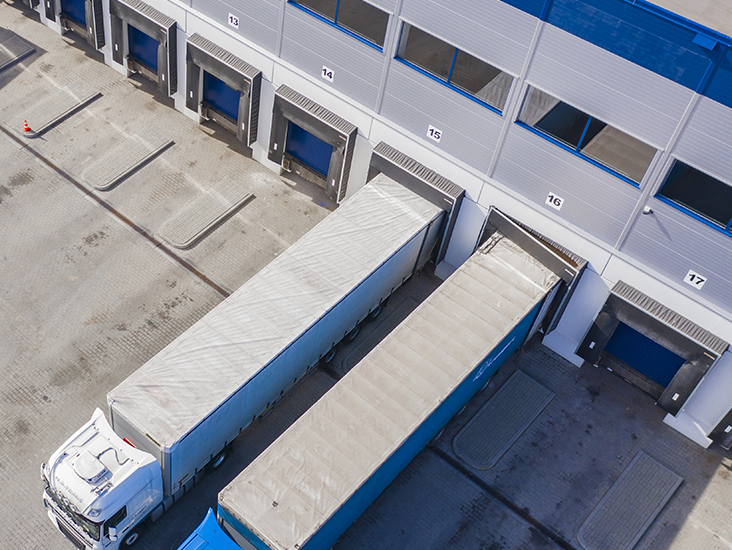
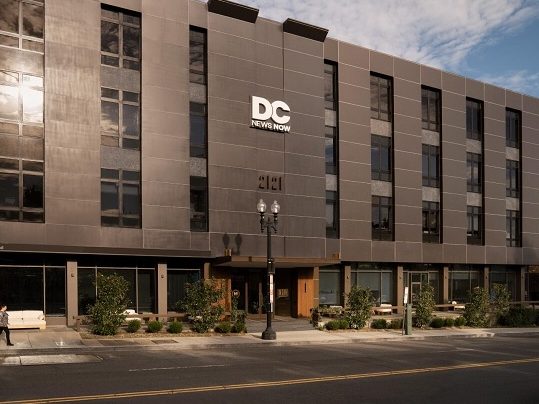
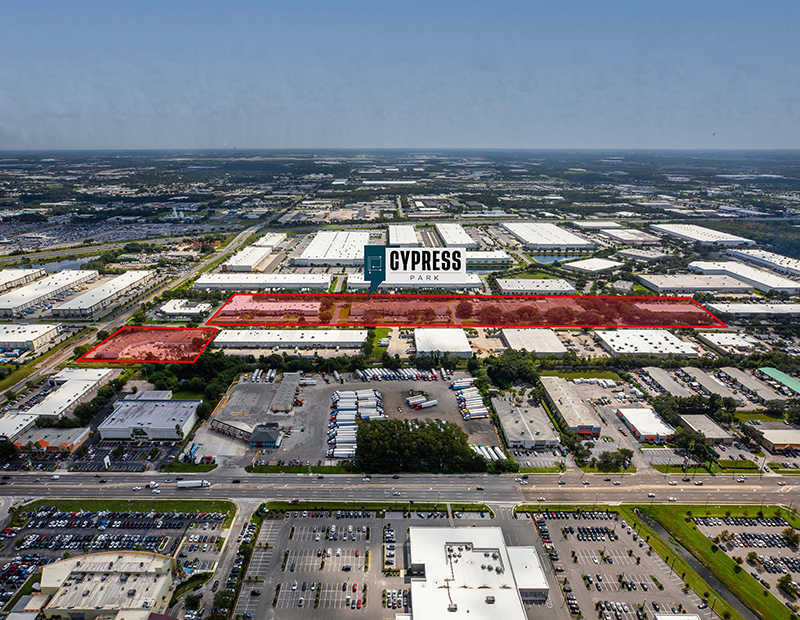
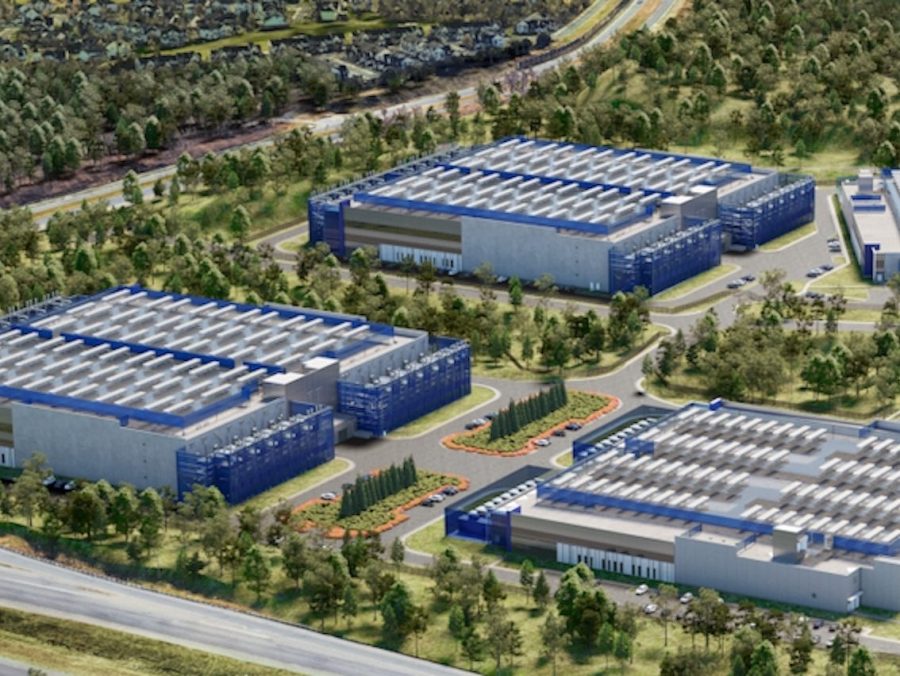
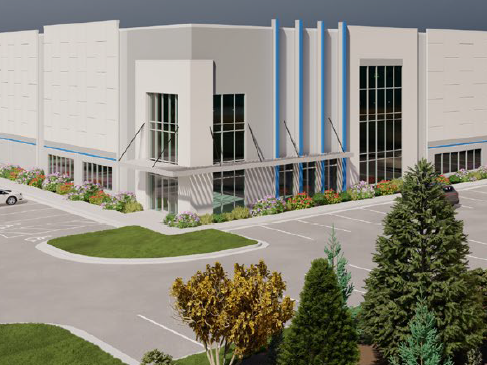
You must be logged in to post a comment.